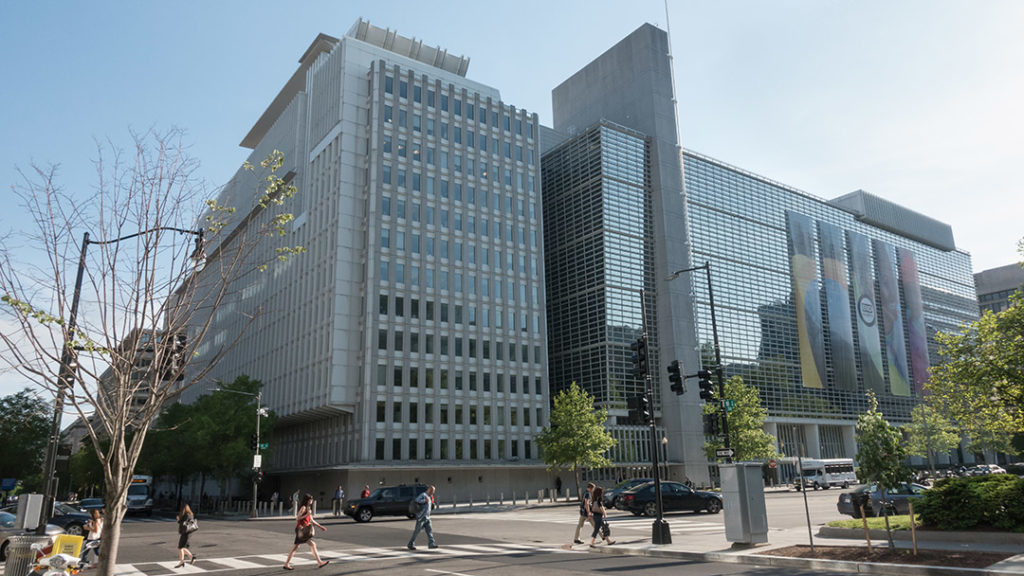Uncertainty over the direction of the federal government’s policies has weakened Nigeria’s economic outlook, according to the World Bank’s January 2020 Global Economic Prospects report.
The World Bank in the report projected that the Nigerian economy would grow by 2.1 per cent this year.
The projected growth rate was described as ‘subdued’.
The predicted growth rate, which the World Bank also put at 2.1 per cent until 2022, is weaker than previous projections made by the Bretton Woods institution.
In the report, which was obtained by our correspondent on Monday, the World Bank explained that the Federal Government’s macroeconomic framework did not inspire confidence.
The bank specifically noted that the macroeconomic framework was characterised by multiple exchange rates, foreign exchange restrictions and persistent high inflation.
Another concern raised about the country’s macroeconomic framework was the observation that the Central Bank of Nigeria was ‘targeting manifold objectives’.
Growing uncertainty over the direction of the policies of the Federal Government was expected to further weaken the country’s economic outlook, the bank said.
In its report on Nigeria, the World Bank observed, “Growth in Nigeria is expected to remain subdued.
“The macroeconomic framework – characterised by multiple exchange rates, foreign exchange restrictions, high persistent inflation, and a central bank targeting manifold objectives – does not provide a firm anchor for confidence.
“Growing uncertainty about the direction of government policies is expected to further dampen the outlook.
“Growth is projected to remain broadly unchanged, rising only to an average of 2.1 per cent in 2020-22.
“This is weaker than previous projections, reflecting softer external demand, lower oil prices, and a slower-than-previously-expecte
The price of crude oil, Nigeria’s main revenue earner, recently recorded a sharp rise following the killing of Iranian strongman, Major-General Qassem Soleimani, in a drone attack by the United States.
But there are still concerns that oil prices would fall again.



